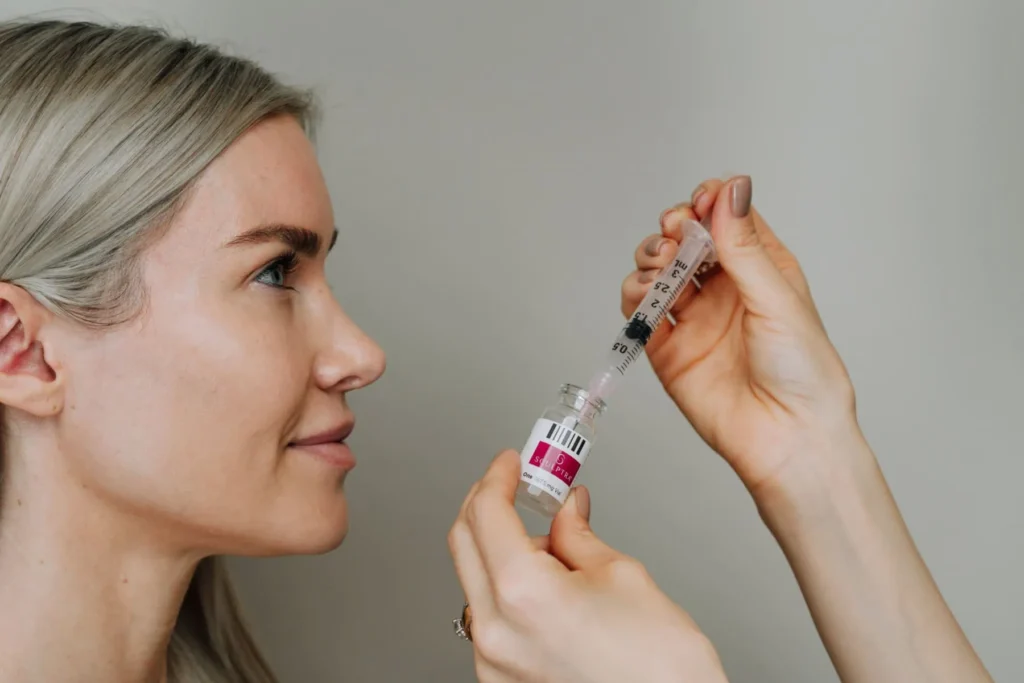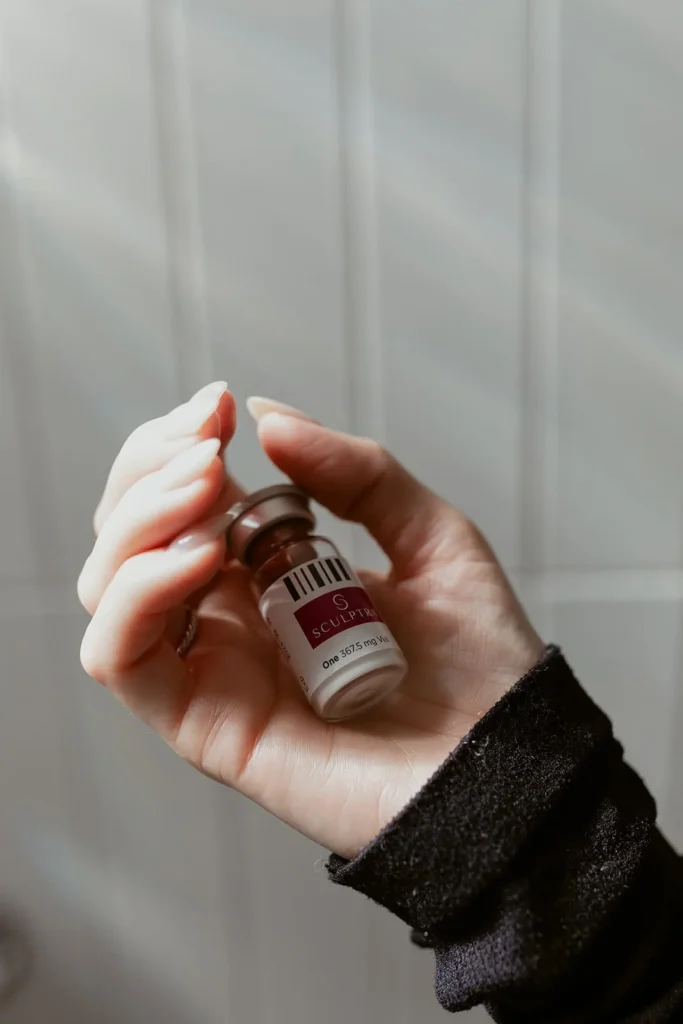Botox has long been a trusted option for softening fine lines, smoothing wrinkles, and preventing deeper expression lines from forming. But what happens if one day… it just stops working?
If you’re wondering about Botox resistance, you’re not alone. With more people receiving regular neuromodulator treatments, this topic is coming up more often as a trending topic on social media and in office. The good news is true Botox resistance is extremely rare. That said, if your treatments suddenly feel less effective, there are a few important things to understand.
What Happens to Botox Over Time?
When Botox is injected into a muscle, it temporarily blocks the communication between nerves and muscles, preventing the muscle from contracting. This smooths existing lines and helps prevent new ones from forming.
With consistent, properly spaced treatments, Botox can maintain soft, youthful-looking skin. However, if doses are too low or treatments are spaced too close together, results may become less noticeable. Not because of resistance, but due to underdosing or muscle retraining.
In cases of true resistance, though, the body begins to recognize the active ingredient (botulinum toxin type A) as a threat and produces antibodies to block its effect.
How Common Is Botox Resistance?
In short: it’s rare.
Botox resistance occurs when the body’s immune system forms neutralizing antibodies that block the toxin from doing its job. These antibodies prevent Botox from binding to nerve endings, which means muscle activity continues as if you’d never been treated.
We are not sure why this occurs in some patients, but it is thought that getting treatments to close together (closer than 3 months) contributes. It is also thought that these antibodies form in response to the accessory proteins in Botox, not to the Botox itself.
For most patients, though, true resistance is not a concern.
What to Do If I Have Botox Resistance?
If you suspect your Botox isn’t working the way it used to, here’s what we recommend:
1. Rule out underdosing
If your Botox kicks in but wears off quickly, it’s likely you’re simply not getting enough units. This is especially common with “baby Botox” treatments, which use smaller doses. Increasing your dose, within safe limits, may solve the issue.
2. Space treatments correctly
To avoid potential resistance, we recommend scheduling treatments no sooner than 12 weeks apart. This allows the body to reset and reduces the likelihood of immune system interference.
3. Avoid splitting treatments
We prefer to treat all areas in a single appointment. Dividing doses across multiple visits can increase exposure to the protein components in Botox and may raise the risk of antibody development.
4. Make sure your injector reconstitutes the product correctly
There is a current theory that using too little saline to reconstitute Botox can contribute to Botox resistance as well. Around 2cc of saline per vial should be used in most cases.
5. Explore alternative treatments
For clients with confirmed resistance, we recommend CO2 laser resurfacing. While this doesn’t address muscle movement, it can significantly improve the appearance of fine lines, texture, and skin tone, providing a smoother look even without neuromodulators. We recommend this for everyone anyway because it actually turns back the clock on skin aging!
Can Botox Resistance Be Reversed?
Unfortunately, true Botox resistance caused by neutralizing antibodies cannot be reversed, at least not immediately. The body typically needs a break from the product, which can take anywhere from 2 to 5 years. During that time, it’s best to avoid further exposure to botulinum toxin and consider other treatment options to maintain skin quality and prevent aging.
However, if your issue is not true resistance (which is more likely), it can often be resolved by adjusting your dose or treatment plan. That’s why a personalized consultation with an experienced injector is so important.
Confirm! Don’t Assume
If you’re experiencing disappointing results from your Botox treatments, don’t assume it’s resistance right away. In most cases, the issue can be addressed by evaluating dosage, timing, and technique. But if true resistance is confirmed, there are still effective options available, including switching to another neuromodulator or turning to advanced treatments like laser resurfacing.
The key is working with a provider who can assess your needs, explore alternatives, and guide you toward the right solution.
Book a consultation today to learn more about how we can help you navigate Botox resistance and get back to softening fine lines and smoothing wrinkles.



